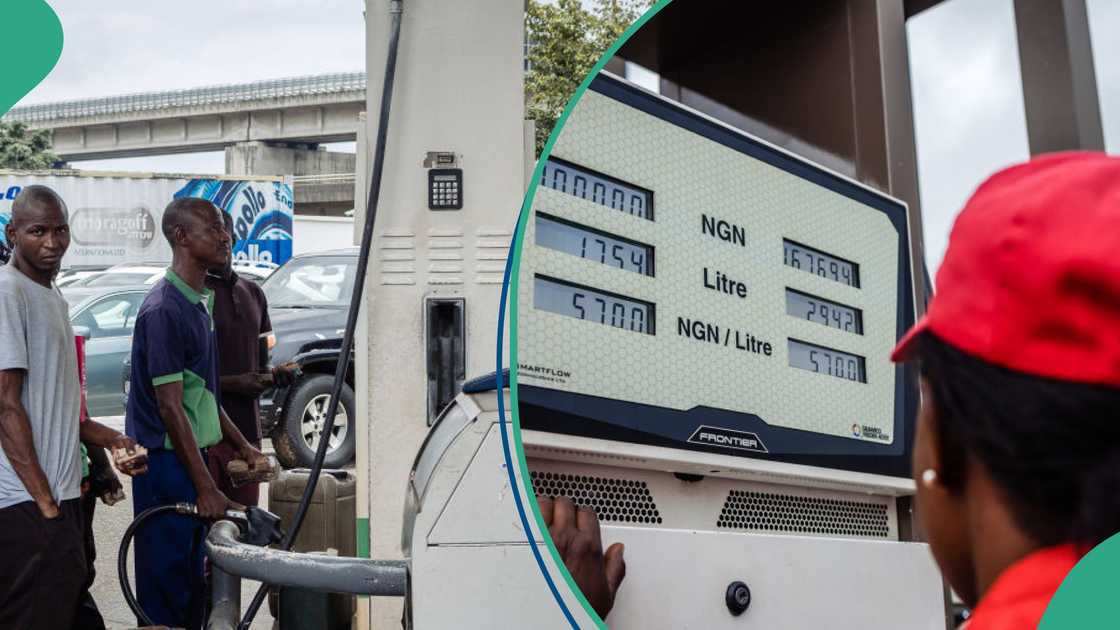As petrol prices soar in Nigeria, a new report has unveiled a surprising list of African countries where fuel prices remain significantly lower. Among these countries, Libya stands out with an astonishingly low price of just N52 per litre. This stark contrast highlights a staggering difference of over N1,000 compared to retail prices at various filling stations across Nigeria. With such disparities, it leads many to question the reasons behind these rising costs in Nigeria and how it compares to its African counterparts.
Understanding the dynamics of fuel prices in Africa is essential, especially for Nigerians grappling with the burden of high petrol costs. The report not only sheds light on Libya's pricing but also ignites discussions on economic policies and government subsidies in the region. This article delves into the specifics of petrol prices in Africa, focusing on the implications for residents in Nigeria and other countries.
As we explore the situation further, we’ll examine how Libya has managed to maintain lower petrol prices despite facing significant political challenges. We will also look into the reactions from Nigerians regarding these price differences and the broader impact on their daily lives and economic stability. Join us as we uncover the complex interplay of factors influencing fuel prices across the continent.
What You Will Learn
- The current petrol prices in Libya and Nigeria, highlighting the stark differences.
- Factors contributing to the fluctuation of petrol prices in Africa.
- Reactions from Nigerians regarding the price disparities and their implications.
- The role of government policies and subsidies in shaping fuel prices.

Source: Getty Images
Countries with the Highest Petrol Prices in Nigeria
In Nigeria, petrol prices have reached alarming heights, making the country one of the most expensive places for fuel in Africa. Several factors contribute to this situation, including government policies, market dynamics, and the global oil supply chain. Understanding these factors is crucial for Nigerians as they navigate the financial implications of rising fuel costs.
As we analyze the petrol pricing landscape in Nigeria, we will compare it with other African nations experiencing similar challenges. This comparison will help highlight the broader economic context of fuel prices and their relationship with local economies. Furthermore, we will explore how these prices affect transportation costs, food prices, and overall living expenses in Nigeria.
Nigerians React to Libya's Petrol Price
Recent discussions among Nigerians have brought to light their concerns regarding the disparity between petrol prices in Libya and Nigeria. Many citizens express disbelief that petrol is priced at N52 in Libya while they are paying over N1,000 in Nigeria. This situation raises questions about the management of resources and government responsibility in Nigeria.
Public sentiment reveals frustration and confusion as Nigerians compare their economic situation with that of Libya, a country with significant political instability. Many argue that the government should take steps to address these pricing issues, emphasizing the need for a comprehensive review of existing policies. As reactions continue to unfold, it’s clear that the differences in petrol pricing are not just numbers; they represent the broader economic struggles facing the Nigerian populace.
The Role of NNPC and Dangote in Petrol Pricing
The Nigerian National Petroleum Corporation (NNPC) and private marketers like Dangote play a significant role in determining petrol prices in Nigeria. Recent developments indicate that NNPC has made moves to slash petrol prices, aiming to ease the burden on consumers. Understanding the implications of these price adjustments is essential for Nigerians seeking relief from high fuel costs.
By analyzing the strategies employed by NNPC and Dangote, we gain insights into the factors influencing petrol pricing in Nigeria. This includes examining the cost of crude oil, refining processes, and distribution expenses. Moreover, the role of government interventions and subsidies in shaping fuel prices will also be discussed, providing a comprehensive view of the petrol pricing landscape in Nigeria.
A Journey Of Love And Commitment: Suleiman Isah's Story In The United States Army
Nollywood Actress Lizzy Anjorin's Alleged Gold Theft: A Social Media Sensation
A Nigerian Lady's Heartfelt Journey: Caring For Her Late Brother's Baby


